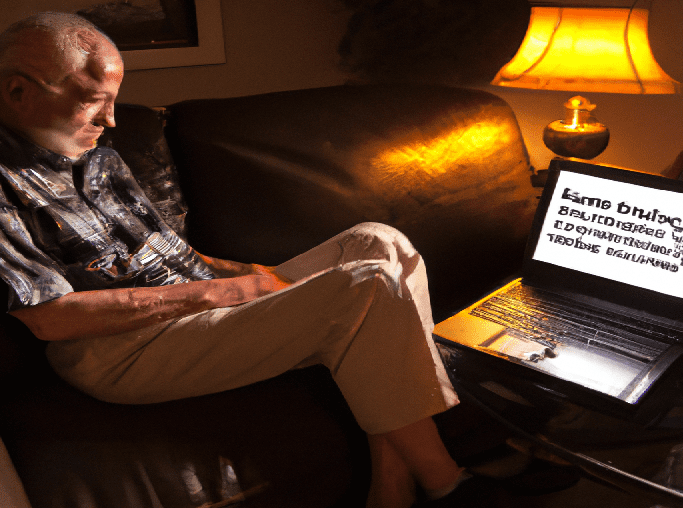Parkinson’s Disease is a chronic and progressive movement disorder that affects millions of people worldwide. It primarily affects the dopamine-producing neurons in the brain, leading to symptoms such as tremors, stiffness, and impaired balance. Parkinson’s Disease has a significant impact on individuals’ quality of life and can have emotional and financial consequences for their families as well. In this article, we will discuss the causes, symptoms, diagnosis, treatment, and management of Parkinson’s Disease.
Causes and Symptoms
Parkinson’s Disease can occur due to both genetic and environmental factors. Certain gene mutations increase the likelihood of developing the disease. Exposure to environmental toxins, such as pesticides, also increases the risk of developing Parkinson’s Disease. The disease’s symptoms include tremors, stiffness, slowed movement, impaired balance, and changes in speech and writing.
Diagnosis and Treatment
There is no single test that can diagnose Parkinson’s Disease. Instead, doctors diagnose the disease through a combination of physical exams and medical history reviews. Doctors may also order imaging tests and refer patients to specialists if necessary. Treatment for Parkinson’s Disease involves medication and, in some cases, surgery. Medications, such as levodopa, can help reduce symptoms, particularly in the early stages of the disease. Deep brain stimulation surgery can be used for people with advanced Parkinson’s Disease.
Parkinson’s Disease and Erecrile disfunction
Parkinson’s disease and Erectile Dysfunction (ED) are two separate medical conditions that can be combined in some cases. Parkinson’s disease is a neurological disorder in which certain nerve cells in the brain gradually die off and cause a gradual loss of motor skills and impaired movement. Erectile dysfunction is a medical condition in which a man cannot achieve or maintain an erection.
When these two diseases are combined, men may experience a decrease in sexual function due to impaired motor skills. This can include difficulty achieving an erection, difficulty maintaining an erection, or a decreased sex drive. Additionally, men with Parkinson’s disease may experience difficulties in ejaculating or achieving orgasm. Fortunately, there are several treatments available to help men who are experiencing sexual problems as a result of Parkinson’s disease, including medications, physical therapy, and lifestyle changes. Your doctor may recommend you to buy Cialis Soft Tabs online in order to temporarily resolve erectile dysfunction problems
Living with Parkinson’s Disease
Parkinson’s Disease can significantly affect daily life, particularly in advanced stages. However, with proper management, people with Parkinson’s Disease can continue to lead fulfilling lives. Parkinson’s Disease can impact everyday tasks, such as dressing, eating, and walking, making occupational therapy and physiotherapy essential parts of managing the disease. Furthermore, social connections can diminish due to the impact of the disease. Still, it is essential to maintain social engagements as much as possible.
Managing Parkinson’s Disease
There are practical tips for managing Parkinson’s Disease. One is to exercise regularly. Exercise can improve mobility, balance, and motor coordination. Patients should also seek emotional support from family and friends, as well as counseling or support groups. The support of loved ones can help with the emotional struggles of living with Parkinson’s Disease. Occupational therapy can also help people with Parkinson’s Disease manage the physical symptoms of the disease and their impact on daily life.
Conclusion
Parkinson’s Disease is a chronic and progressive movement disorder that affects millions of people worldwide. The disease’s cause is believed to be a combination of genetic and environmental factors. The symptoms include tremors, stiffness, slowed movement, impaired balance, and speech changes. There is no cure for Parkinson’s Disease, but it can be managed with a combination of medication, surgery, and lifestyle changes. Patients with Parkinson’s Disease should take care of their mental and physical health, seek emotional and practical support, and consult with their doctors for the best management plan.
